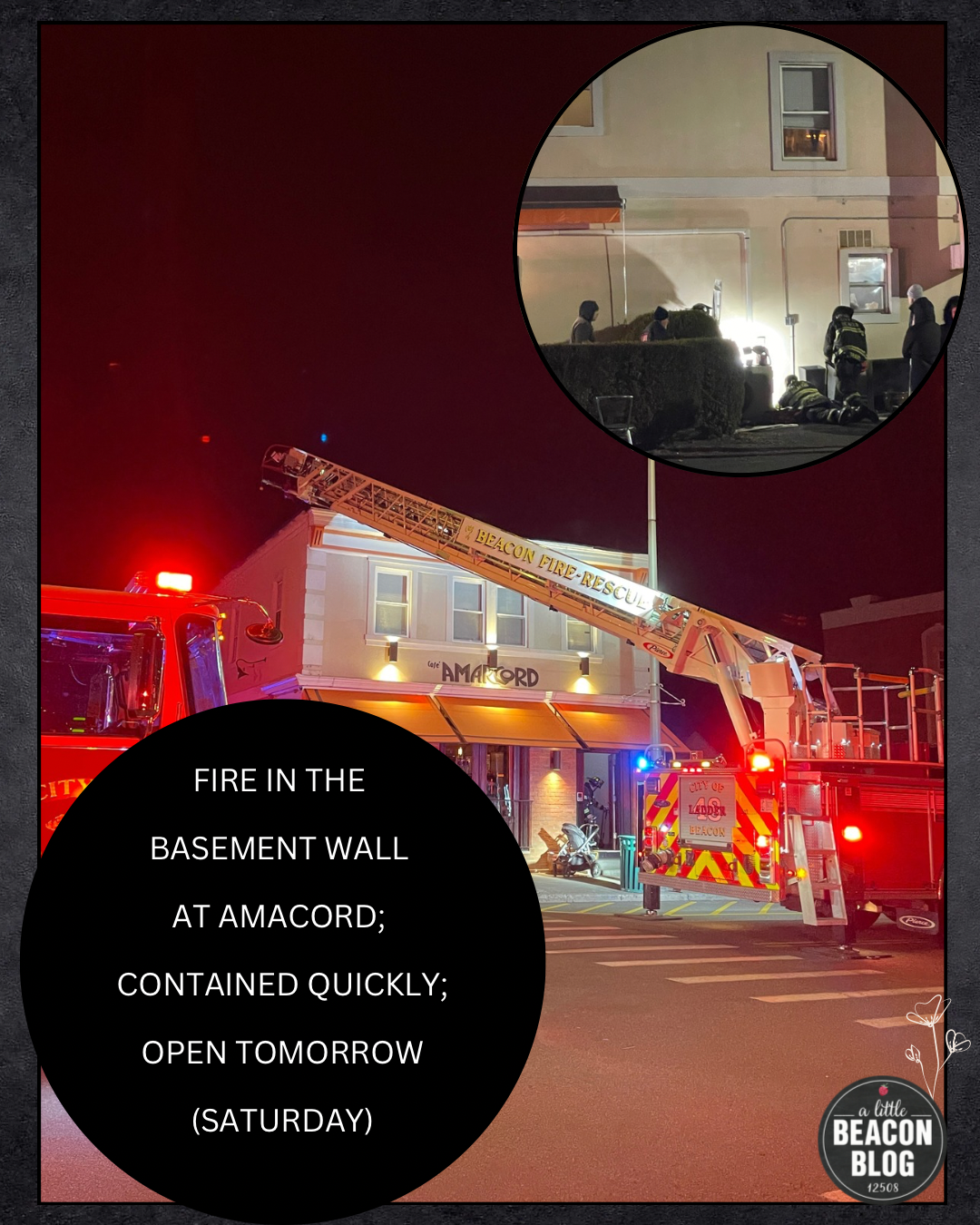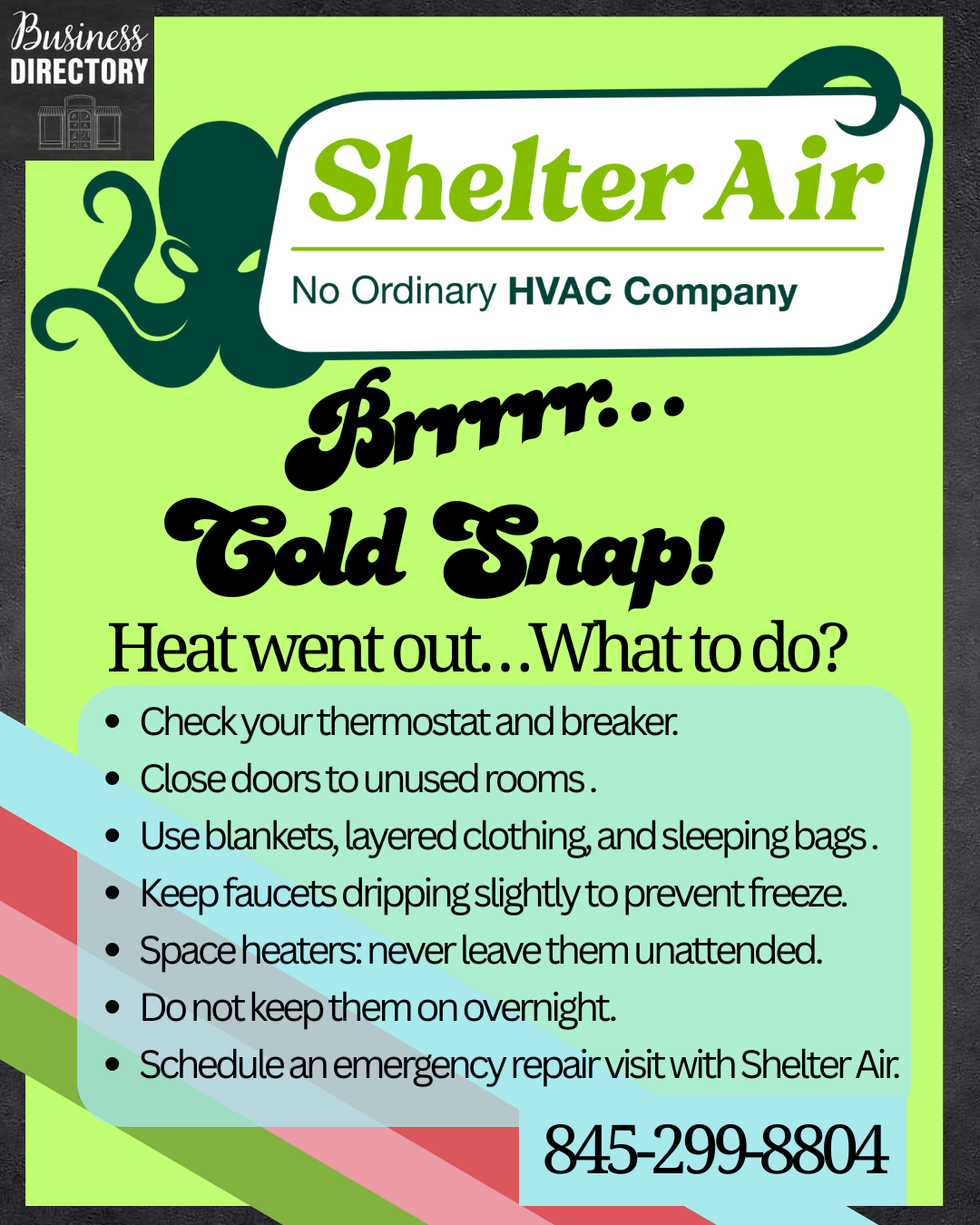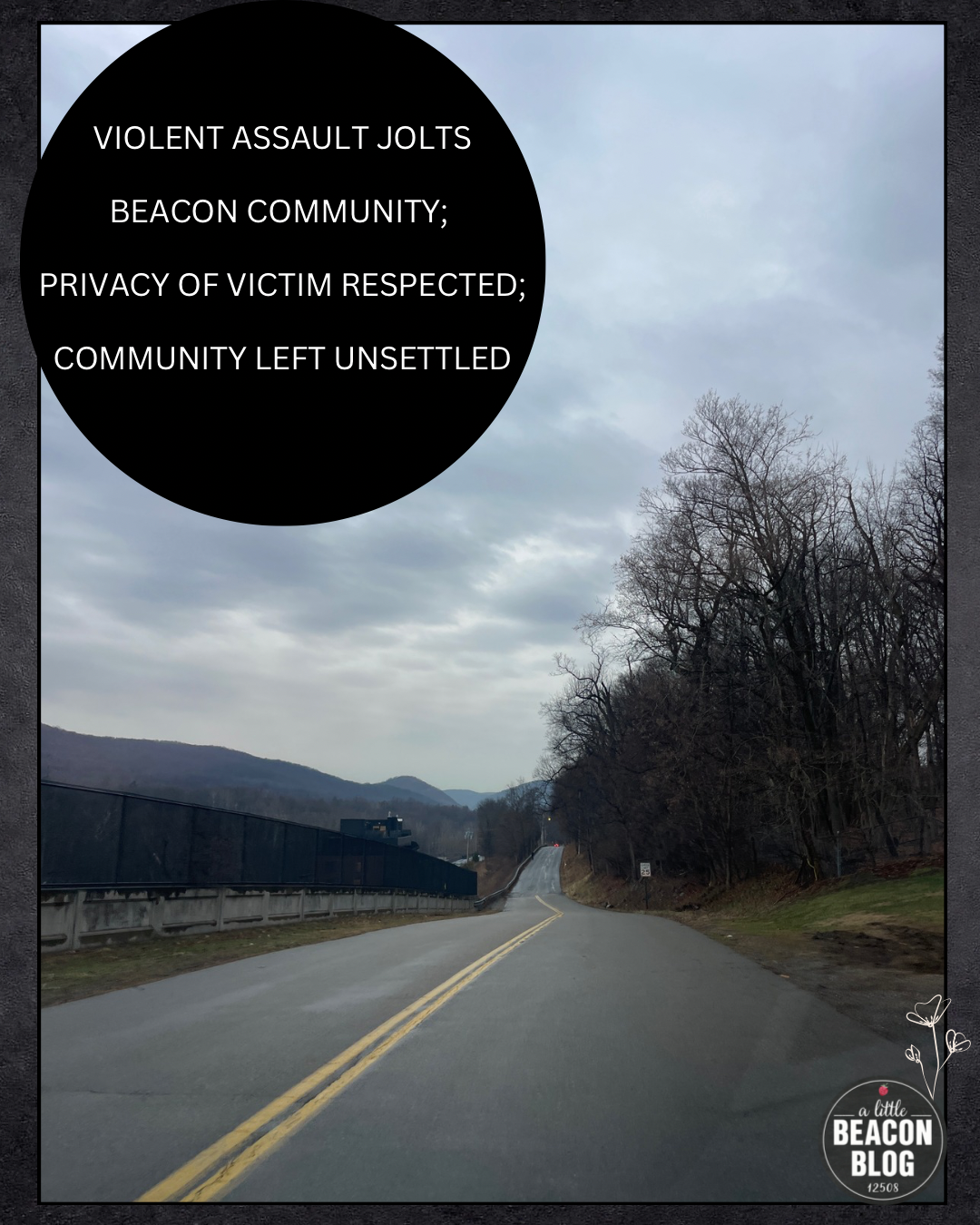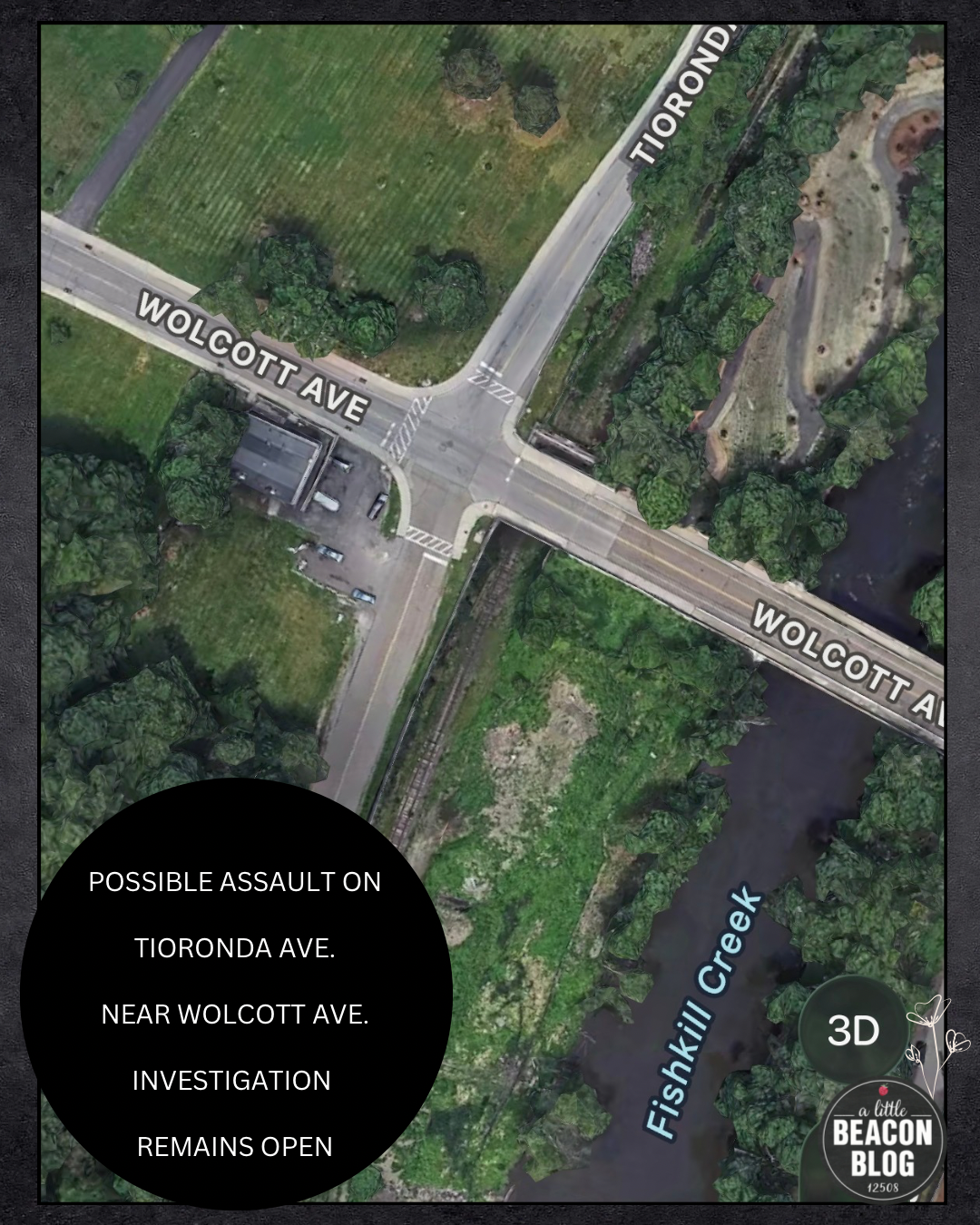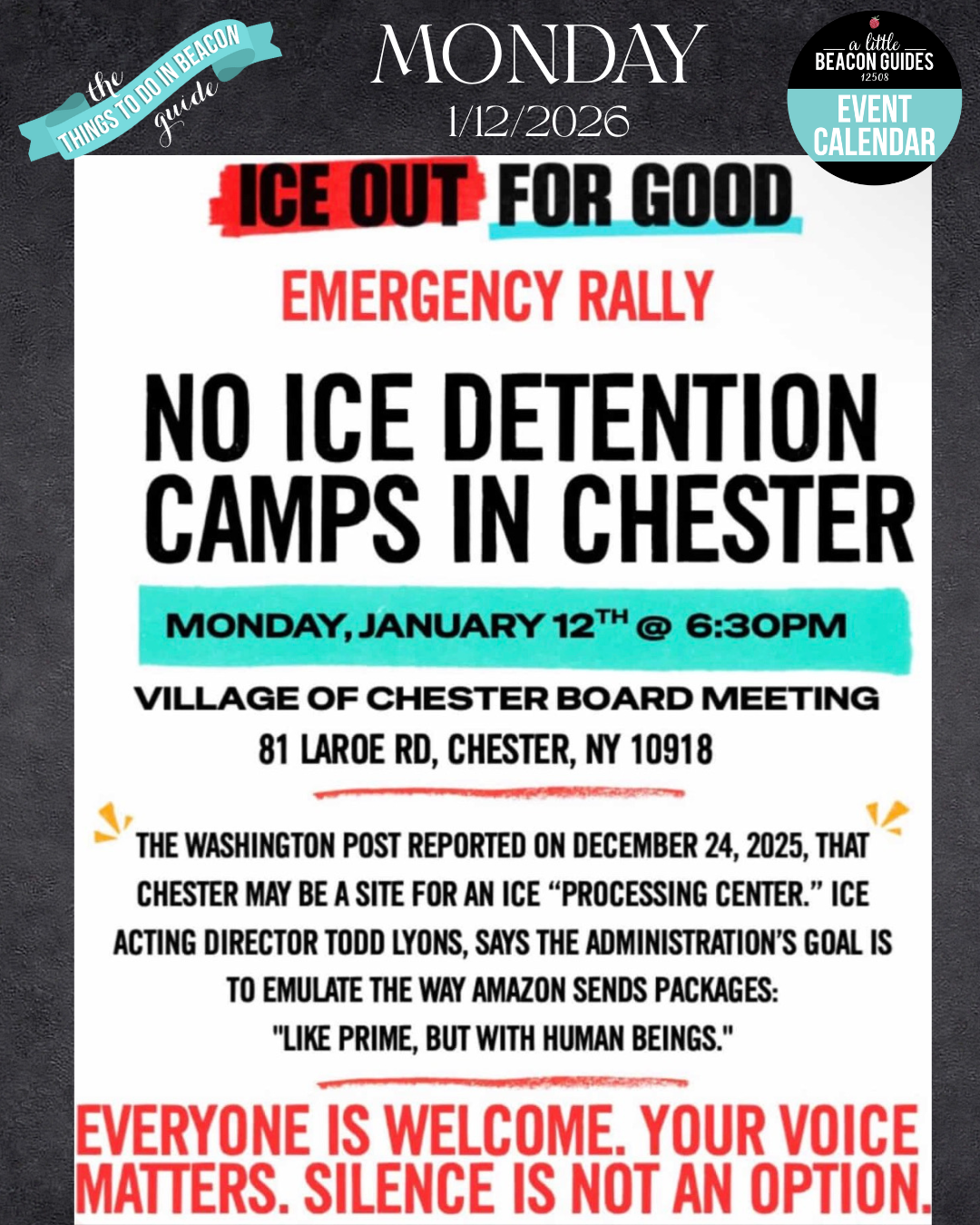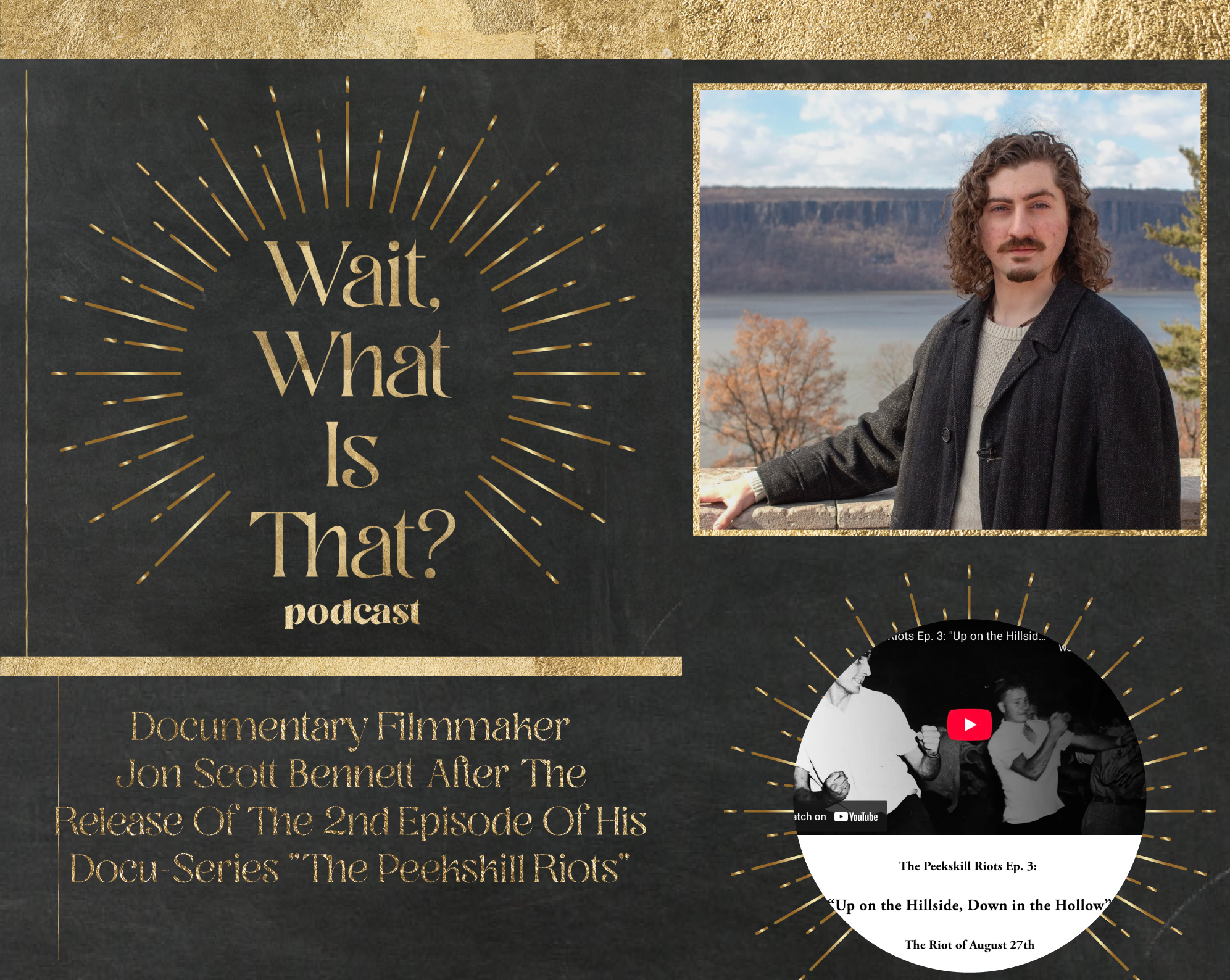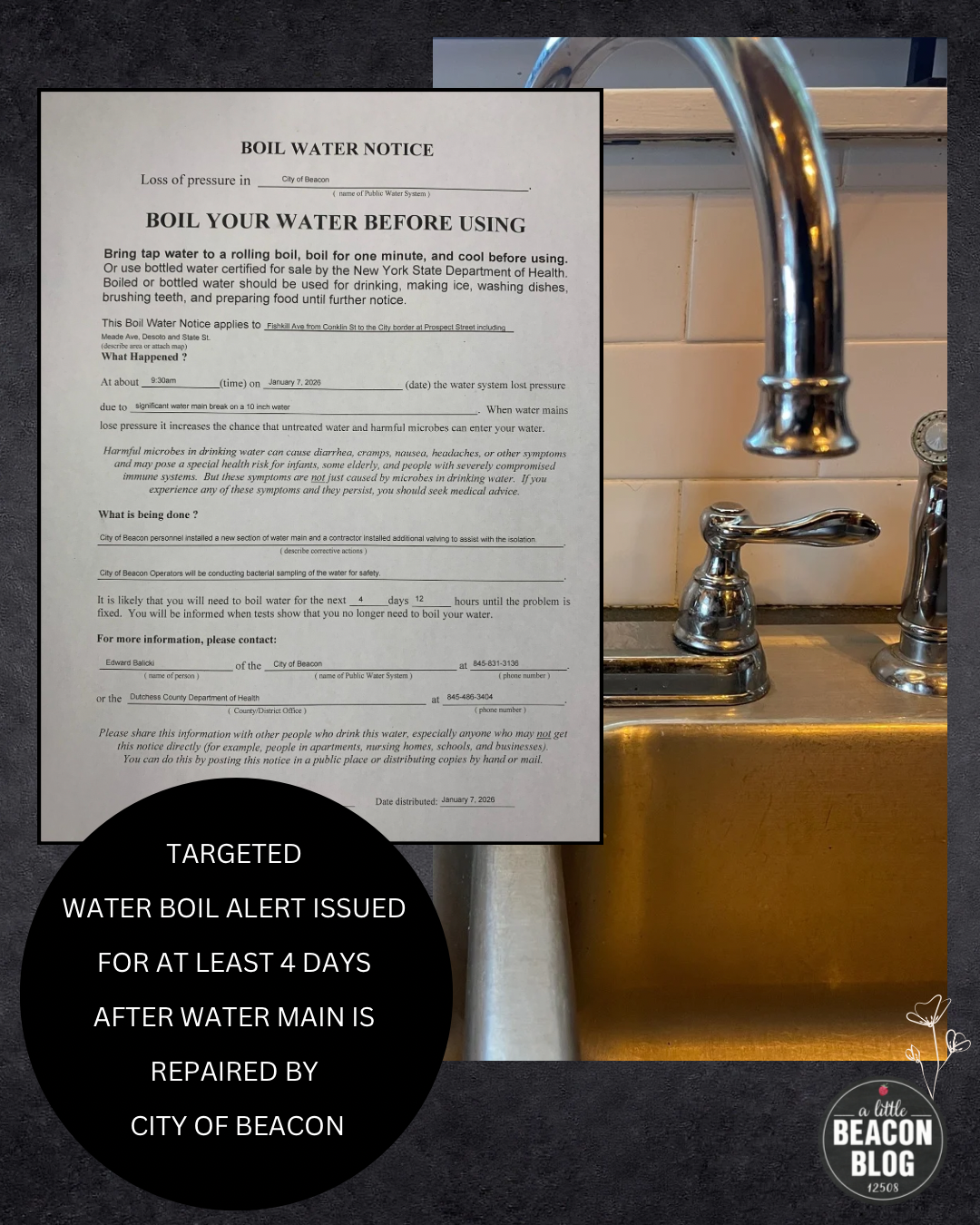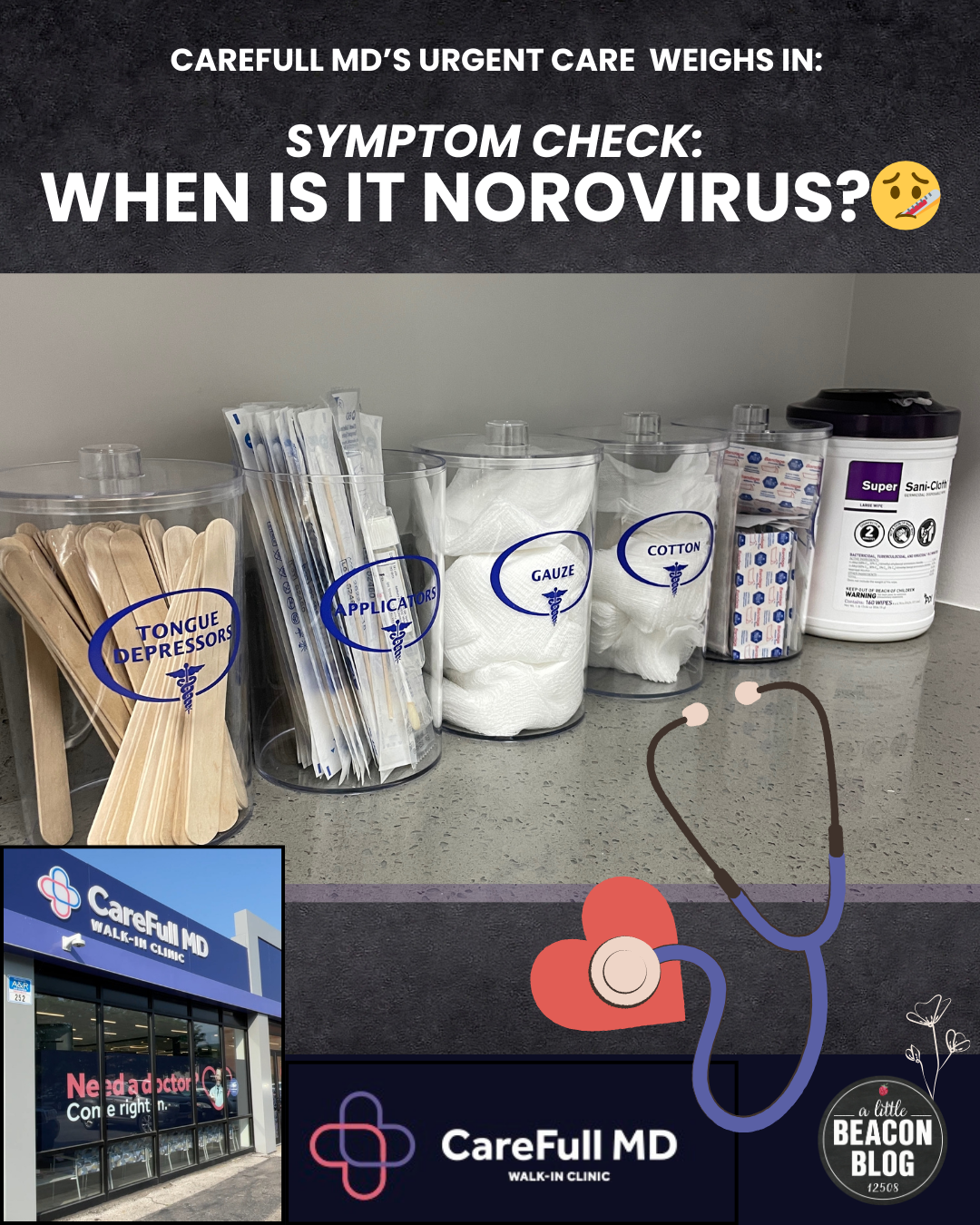UPDATE: 7 Of The 20 People Who Died At Home In Dutchess County Since March 12, 2020 Tested Positive For COVID-19 After Death
/In a followup to yesterday’s article on home deaths being tracked in Dutchess County’s Tracker, A Little Beacon Blog has acquired some data on people in Dutchess County who have died at home, and were tested for COVID-19 by the medical examiner’s office after they passed away.
According to Dutchess County, since the week of March 12, 2020, approximately 20 people have died at home, and were subsequently tested for COVID-19 by the Dutchess County medical examiner’s office. Of the 20 people who died at their homes since March 12, 2020, seven of them tested positive for COVID-19, said Colleen Pillus, Communications Director for Dutchess County, who received the number from the medical examiner’s office.
This week on April 27, 2020, the Washington Post reported on a Yale analysis done for that publication that there was a spike in non-COVID-19 tested deaths at home for the period of March 2020 as compared to 2019. The article and analysis do not provide conclusions as to why this spike in deaths has occurred, but does provide insight into different states, including New York, New Jersey and Michigan.
When asked by A Little Beacon Blog if this trend was reflected in Dutchess County, the county’s Communications Director responded that she does not at this time have the comparative data on those who died at home during the same period the previous year. “That would take some significant time to pull, and I am not sure when someone at the ME’s (medical examiner’s) office will have the opportunity to do so,” Colleen said.
It should be noted that Dutchess County has been pulling a significant amount of data during this short period of time, and is making what they can available to the public. They have been responsive to our questions, which has been helpful for reporting.













